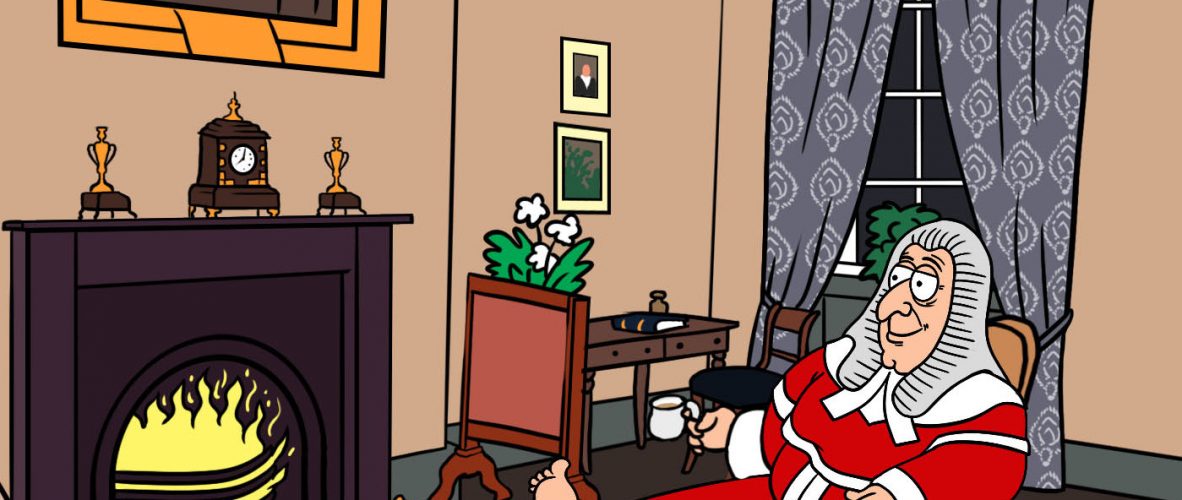The name given to the tight trousers worn by some Regency gentlemen, such as the notorious Beau Brummell and his ‘dandy’ followers, as they showed off their leg muscles.
the case of the stolen ducks
 KS2 & KS3
KS2 & KS3
The trial dramatized here features on our courtroom sound system. All the details, including much of the speech, are taken from the trial report published in the Hereford Times on 13th January 1866.
Why not re-enact this trial in the classroom? (It takes around 20 minutes to read out). If you are planning a visit to us, you could even do so in our courtroom as part of your activities.
William’s fate of 6 months hard labour reflects the harsh sentences at the time for theft. He would have been sent to Presteigne gaol (where John Beddoes school stands now), which was in notoriously bad condition, where his harsh life of hard labour could have included stone breaking and the crank (a box with a handle to be turned a certain number of times over a set period or punishment was given)… all for stealing ducks.


Crank and stone-breaking sink , both from Beaumaris Jail, North Wales
